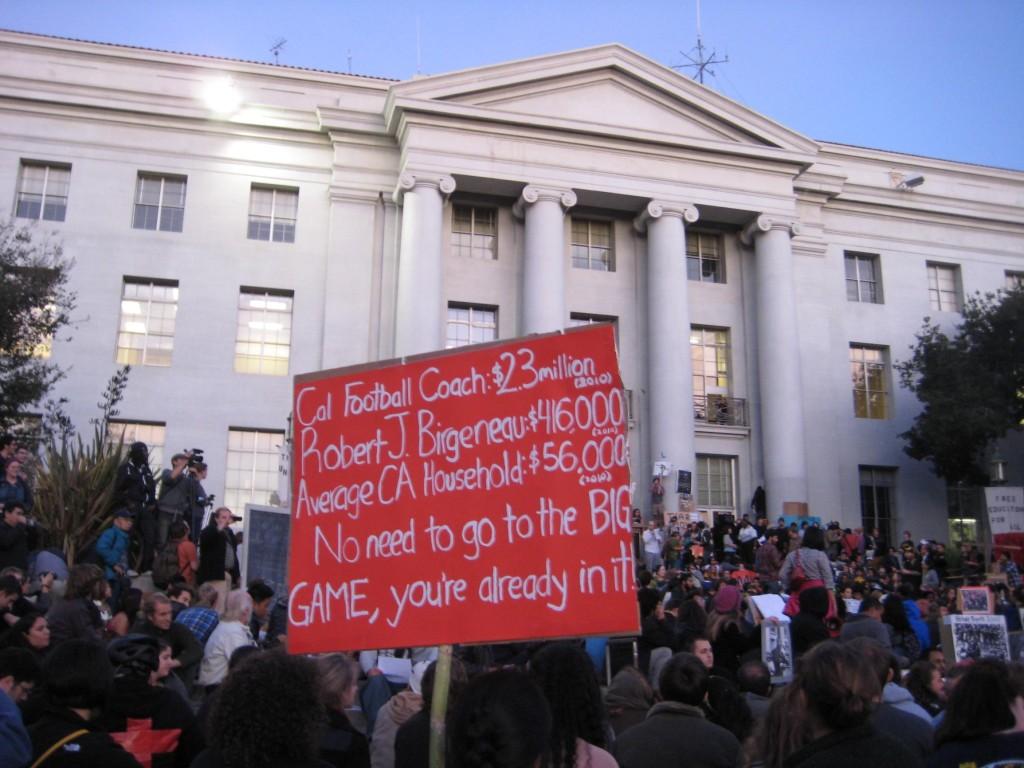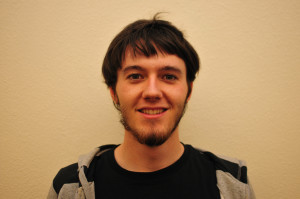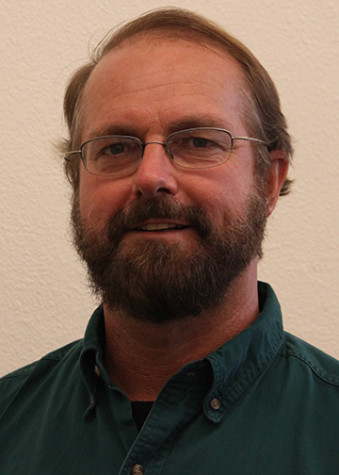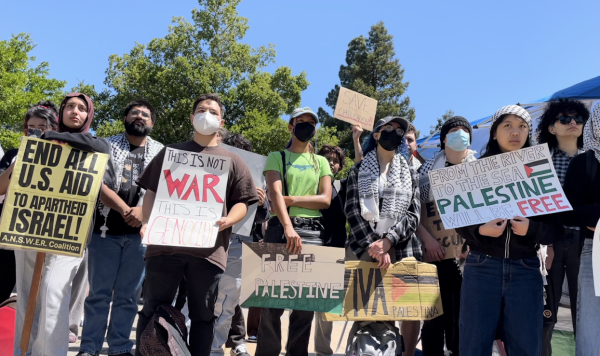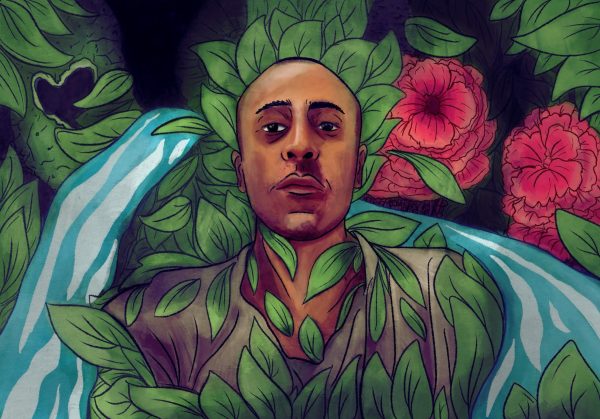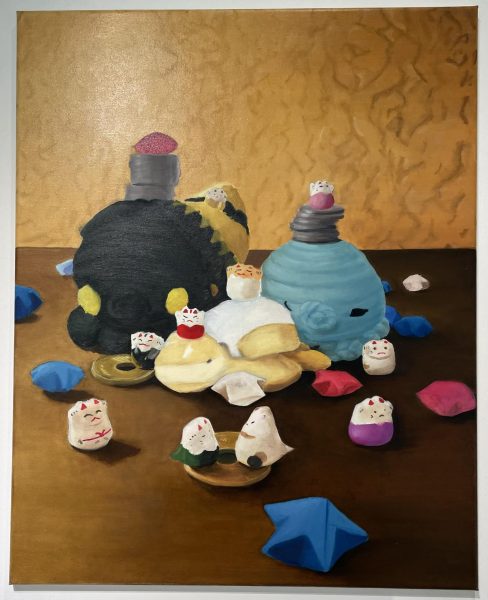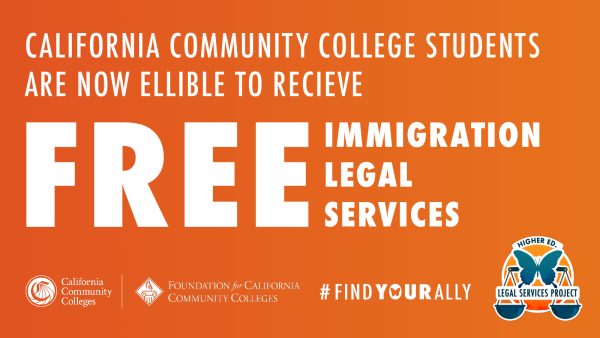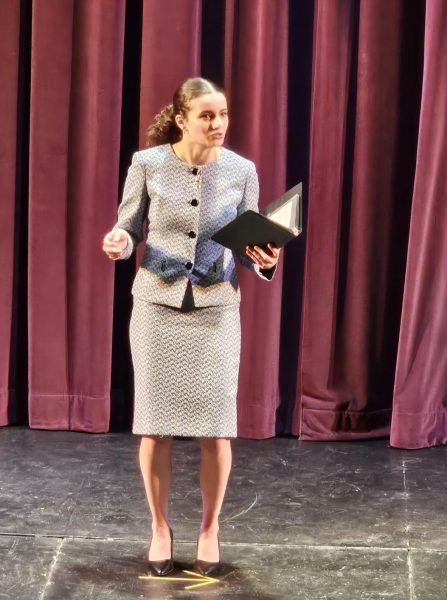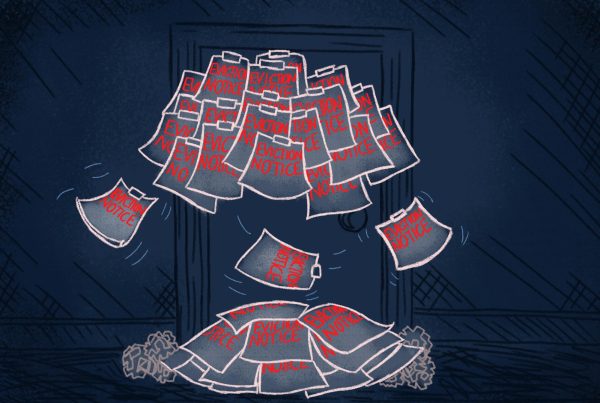Occupy reaches Cal
Students gather outside Sproul Hall at UC Berkeley during a large Occupy Cal rally last Tuesday Nov. 15. (Alex Brendel/The Inquirer)
November 20, 2011
The Occupy movement has finally arrived at California’s universities and colleges in the form of “Occupy Cal.”
In the aftermath of police raids at UC Berkeley and Occupy Oakland, at least 2,000 protesters, including students and teachers, took to the streets on Tuesday to take part in a campus-wide general strike. The protesters then converged at Sproul Hall at 5p.m. for a general assembly.
“Finally Berkeley is joining the global Occupy movement,” said long-time activist and Ecopsychologist Renee Soule, 47. “It seems fitting for Berkeley that it would happen on campus, UC Berkeley has always been the leader in cultural change.”
Unlike the other Occupy encampments, Occupy Cal is focusing on the education system. The general assembly approved a list of demands addressing issues of budget cuts, fee hikes, free speech, affirmative action and taxing corporations.
This open letter to the state government, UC Regents, CSU Trustees and all education administrators declares, “Quality public education is a basic human right, not a privilege.” The letter also states that if public officials do not take active steps in the interests of education, beginning Feb. 1, 2012 a wave of actions, including striking will follow.
“This is a systematic change we are working on,” says Berkeley activist and student Effie Wheeler, 22. “What’s more important about this movement right now is community.”
A statement from the Berkeley senior administration was read to the general assembly along with two announcements. The announcement was that protesters could peacefully submit themselves to the police for arrest. This announcement was immediately followed by jeers and boos from the crowd. The statement also claimed that the police said they would stay away from the campus unless needed to protect public safety.
After the assembly was held, Sproul Hall became the venue for the 15th annual Mario Savio Memorial Lecture. Lynne Savio, widow of free speech activist Mario Savio, introduced winners of the Mario Savio Young Activist award.
“When hope comes back he will not come from a presidential palace bought and paid for like a Citibank stock option villa,” said Young Activist award winner Josh Healy in a spoken word performance for the audience. “When hope comes back ‘he’ will be a ‘she'” Healy continued, to roaring applause from the women. “Sorry, fellas, but that’s who gets sh%t done.”
For those who don’t know Mario Savio, he was a key leader in the Berkeley Free Speech Movement of the 1960’s, which helped establish free speech in America’s public universities and college campuses.
UC Berkeley public policy professor Robert Reich, a former U.S. Secretary of Labor under Bill Clinton, also spoke to a crowd of thousands during the event.
“How can it be true that we cannot afford to do all sorts of things that we need to do for our people when we are the richest nation and continue to be the richest nation in the world?” asked Reich. “The days of apathy are over, folks.”
After the award ceremony and lecture, the front steps of Sproul Hall literally became a celebration as hundreds danced to Michael Jackson songs and started setting up tents as was voted on at the GA to establish an encampment.
Contrary to implied promises by Berkeley administration, the Occupy Cal encampment was raided Thursday morning by a multi-municipal police force of over 100 officers. Two were arrested and 20 tents removed.
Nevertheless, Occupy Cal plans to meet at 6 p.m. at Sproul Plaza every day indefinitely.





































































